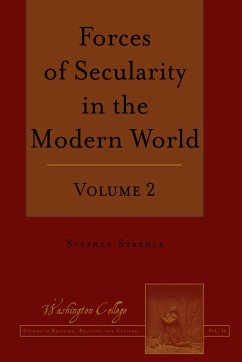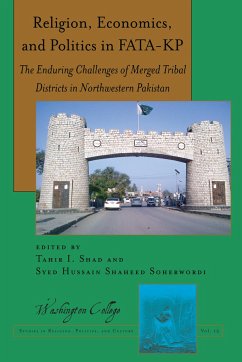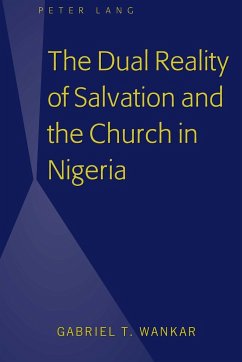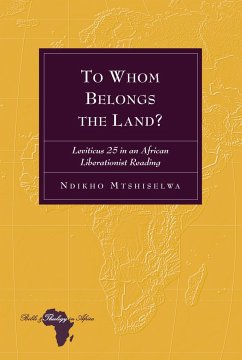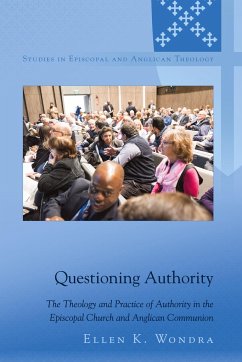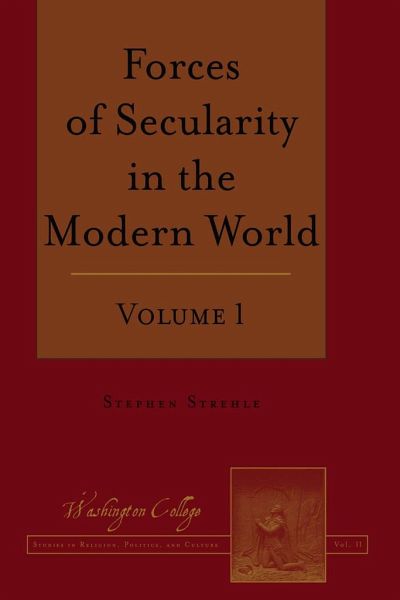
Forces of Secularity in the Modern World
Volume 1
Herausgegeben: Prud'homme, Joseph
Versandkostenfrei!
Versandfertig in 6-10 Tagen
113,20 €
inkl. MwSt.

PAYBACK Punkte
0 °P sammeln!
Stephen Strehle is a leading scholar of church/state issues. In this volume, he focuses his rigorous historical analysis and philosophical acumen upon a topic of great interest today and source of cultural wars around the globe-the process of secularization. The book starts with a discussion of early capitalism and how it saw the real world functioning well-enough on its own principles of individual struggle and self-interest, without needing religious or moral principles to meddle in its affairs and eventually dispelling the need for any intelligent design or providential orchestration of lif...
Stephen Strehle is a leading scholar of church/state issues. In this volume, he focuses his rigorous historical analysis and philosophical acumen upon a topic of great interest today and source of cultural wars around the globe-the process of secularization. The book starts with a discussion of early capitalism and how it saw the real world functioning well-enough on its own principles of individual struggle and self-interest, without needing religious or moral principles to meddle in its affairs and eventually dispelling the need for any intelligent design or providential orchestration of life through the work of Darwin. The book then discusses the growth of the secular point of view: how historians dismissed the impact of religion in developing modern culture, how scientists conceived of the universe running on self-sufficient or mechanistic principles, and how people no longer looked to the providential hand of God to explain their suffering. The book ends with a discussion of how the Deist concept of human autonomy became a political policy in America through Jefferson's concept of a wall of separation between church and state and how the US Supreme Court proceeded to dismiss the importance of religion in shaping or justifying the values of the nation and its laws. The book is accessible to most upper-level and graduate students in a wide-variety of disciplines, keeping technical and foreign words to a minimum and leaving scholarly details or debates to its extensive notes.





